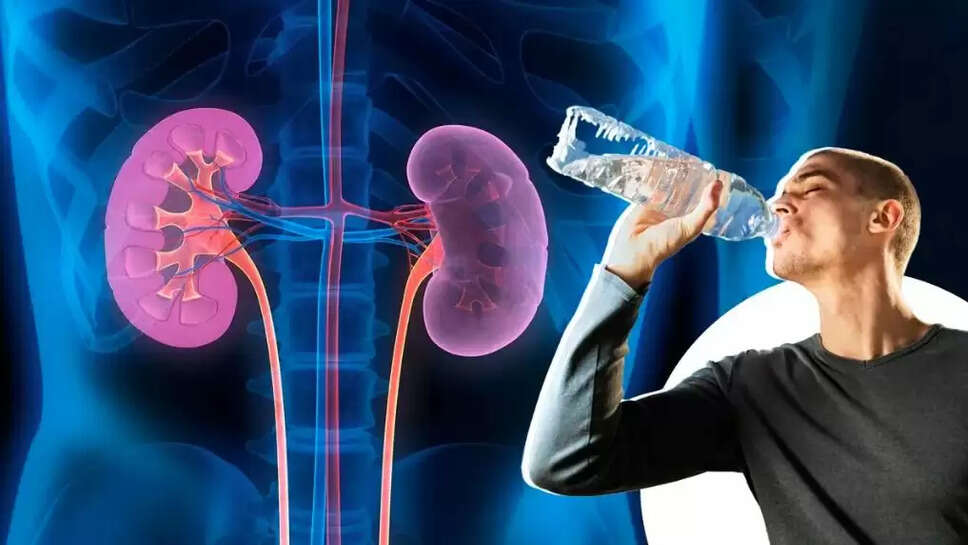Drinking less water is bad for the kidneys, but is drinking more water safe?
Drinking too much water can lead to hyponatremia, which is low sodium levels in the blood.

We often hear this from doctors. The reason is clear. When you drink less water, your kidneys can't function properly. However, when you drink enough water, your kidneys function optimally.
Dr Bhanu Mishra, Consultant, Nephrology, Fortis Hospital
Dr. Bhanu explains that drinking too much water doesn't harm the kidneys. In fact, it reduces the risk of kidney stones. However, it can have other adverse effects on the body, such as hyponatremia.
Hyponatremia means low sodium levels in the blood. When someone drinks too much water, the sodium in the body becomes diluted. The water level increases and the body's cells begin to swell.
Cells are the basic unit of the body. The entire body is made up of these cells. Therefore, swelling can cause a number of problems, including headaches and dizziness, nausea or vomiting, muscle weakness or cramps, difficulty concentrating, confusion, and in severe cases, seizures may occur. The person may even go into a coma.
Therefore, it's important to limit your water intake and drink only as much as needed. If a person weighs 60 to 70 kg, drinking two to two and a half liters of water a day is sufficient. If someone weighs between 80 and 100 kg, they can drink three to three and a half liters of water daily.
Dr. Bhanu further explains that drinking too much water may also be linked to a condition called psychogenic polydipsia. In this condition, a person develops the habit of drinking water frequently without need, feeling thirsty all the time. This condition is often associated with mental health conditions such as schizophrenia, bipolar disorder, or anxiety.
Therefore, don't drink too much or too little. Always drink water in moderation, just enough to meet your body's needs.
(The information, treatment methods, and dosage recommendations given here are based on the experience of experts. Please consult your doctor before following any advice. The Rj Times does not recommend self-medication.)
